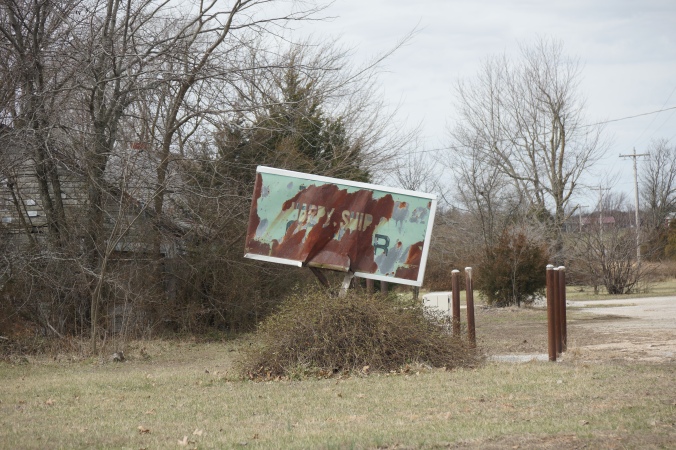 Sign east of Joplin, Mo.
Sign east of Joplin, Mo.
I arrived back in the USA in mid-October, 2017, after a few years abroad, mostly in Italy. And a back operation (disk removed in lower back), recuperation, and then a casual year in Sicily, recovering – doing lots of photos, painting, playing music. I returned mostly to make some money, but also imagining a swan-song journey to see friends a probable last time, and likewise to say “so long” to America. And, I thought, to once again take a stab at shooting for Plain Songs, the much delayed essay on the Nation. The election had come and gone, Trump now trumpeted his Tweets across the internet, and thrashed across the political landscape like some orange-wigged Godzilla while Republicans deserted family values, fiscal rectitude and other “principles” in order to suck on Donald’s dingle-berries. It would be interesting. I’d more or less deliberately avoided traveling in the US during the election year as I figured the landscape would be disfigured with all the BS of electoral theater. Instead I arrived in the post-electoral coital doom and gloom of the American melt-down of the present.
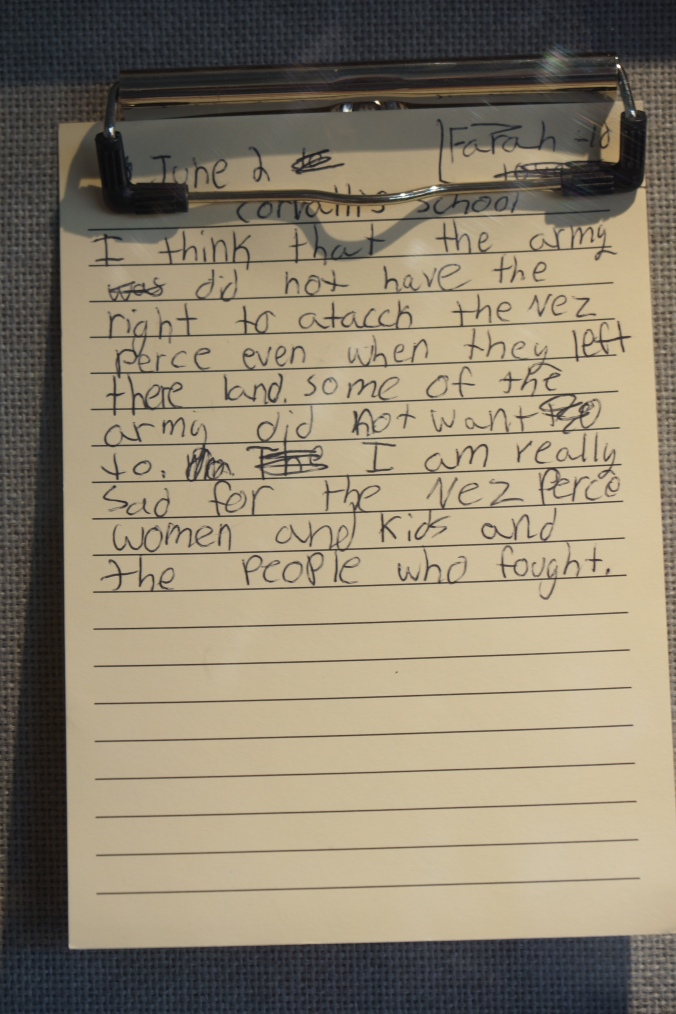 Child’s note at the Big Hole National Battlefield, MT.
Child’s note at the Big Hole National Battlefield, MT.
Arrival was a rush of things-to-do: train down to Portland from my Seattle flight to grab my tripod, then Amtrak to Dunsmuir, Ca., to grab the van that I’d left sitting outside Redding for 2 years, and then a sprint via Boise to Butte and a quick run to Yellowstone to try to make another landscape film, of the falls seen from Artist’s Point in Thomas Moran’s 1880 painting:
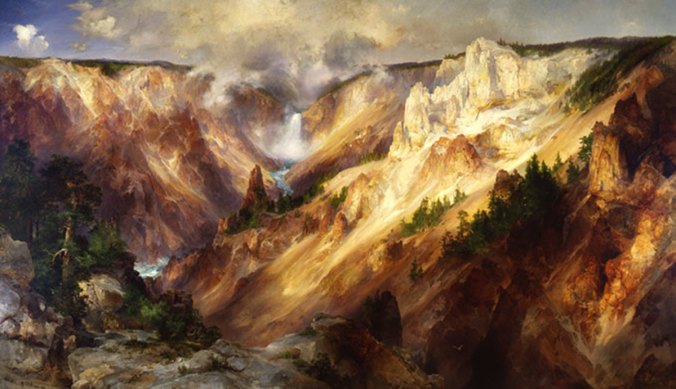 Yellowstone Falls, by Thomas Moran
Yellowstone Falls, by Thomas Moran
I’d thought to get there before the snows arrived and the park closing, and also imagined the late autumn day would be shorter and so make shooting easier – only 9 or 10 hours sitting beside the camera, instead of summer’s 12 or 13. So I thought. The sun sat low on the horizon, the canyon instead of dazzling with its colors, was shrouded in shadow. Aligned north-south, the sun refracted directly into the lens in the afternoon. The image I’d imagined simply did not exist at that time of year. And it was damned cold, so having bothered to set up for a look I promptly packed the camera and tripod back in the van and returned to Butte. Perhaps I should have taken this mental mishap as an omen.
In Butte I saw and said so long to friends, most of whom I’d known since 1986 or so, when I had shot a film there, Bell Diamond. Many were in or helped me make that film – Marshall, Terri, Hal, Jim Duran. One missing was Dan Cornell who’d beat me to the swan-song farewell, having died from a heart-attack in spring, at 71 years.
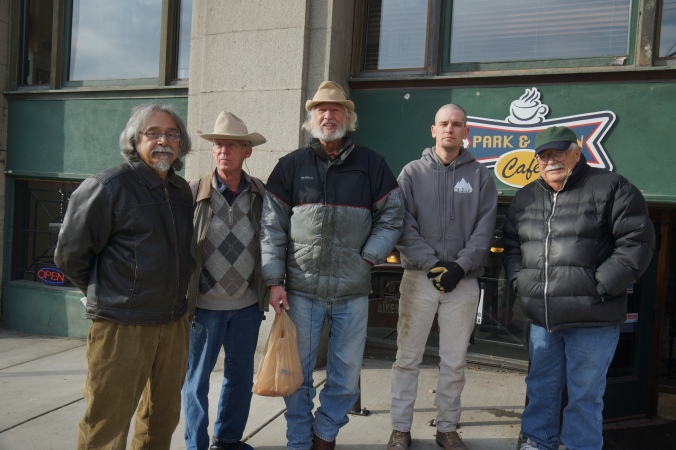 Jim Duran, self, Marshall Gaddis, Clark Grant, Hal Waldrup
Jim Duran, self, Marshall Gaddis, Clark Grant, Hal Waldrup
From Butte I moved along to Missoula, having given advance notice to my friends Swain Wolfe and Laurie Urfer. He’s been in much pain from back and other things, and sent me a blunt all-caps note: STAY AWAY. Knife in heart. I queried Laurie who arranged for she and me to meet at a downtown cafe. I waited there, and she arrived, and slowly trailing her was Swain. For a bit he stayed in a funk and then loosened up and regaled me with 2 hours of stories, clearly having a good time. Swain had made films long ago, and shifted to writing a few decades or more back. A story-teller. Wrapping it up as he went to go home I offered to grab us a pack of stouts, to which he said “yes” but by the time I got there he’d gone to lay down and sleep – exhausted from his little outing. He is a late riser, and I had to head early towards the Lolo pass and Idaho and did not see him again. Swans singing.
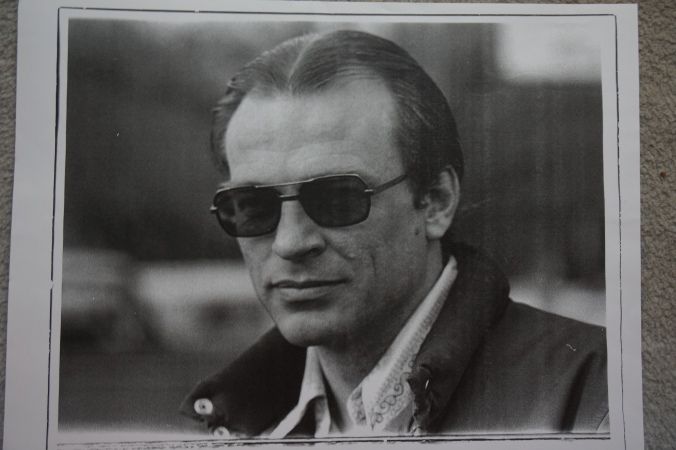 Swain in earlier days.
Swain in earlier days.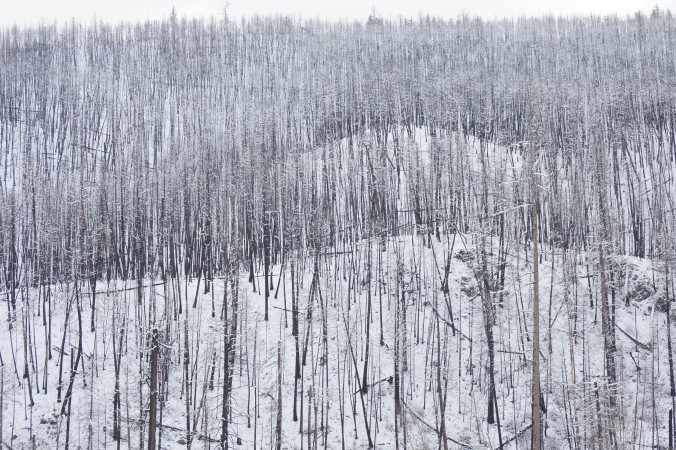 Lolo pass, after summer’s forest fires
Lolo pass, after summer’s forest fires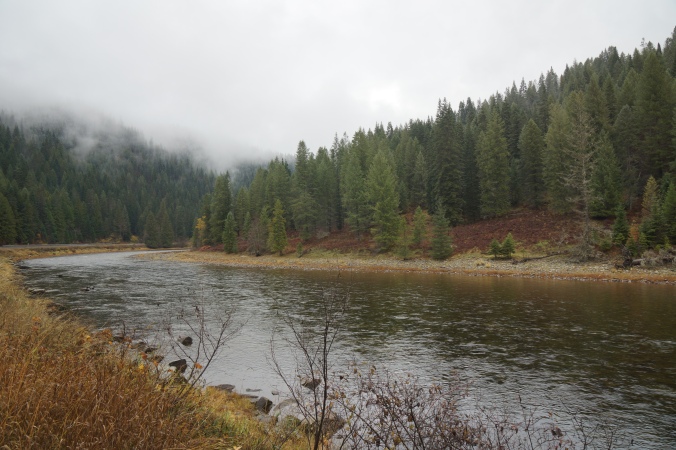 Along the Lochsa River, Idaho
Along the Lochsa River, Idaho
Taking back roads through Idaho, I visited friends from long ago – 1972 or so – outside of Potlatch. Debbie and Tom and sons, on an off-the-grid place perched atop a big hill. Just a night to say hi and possible bye. And moved along toward Washington State with a pit stop in Walla Walla with a net-met new friend. Overnight and on towards Port Angeles WA, for a stay with Steve Taylor.

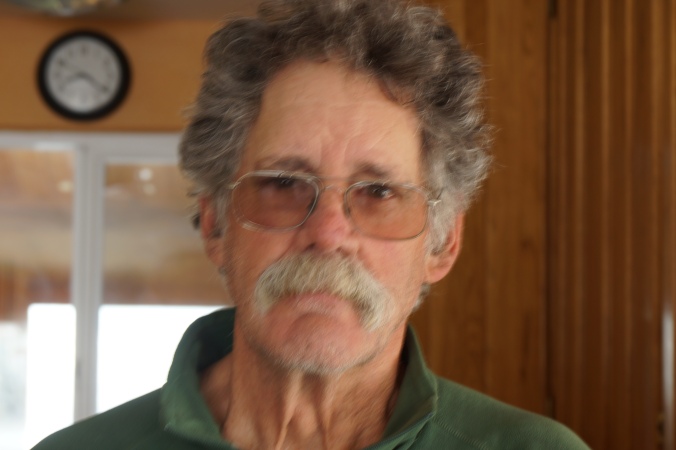 Tom Ordway
Tom Ordway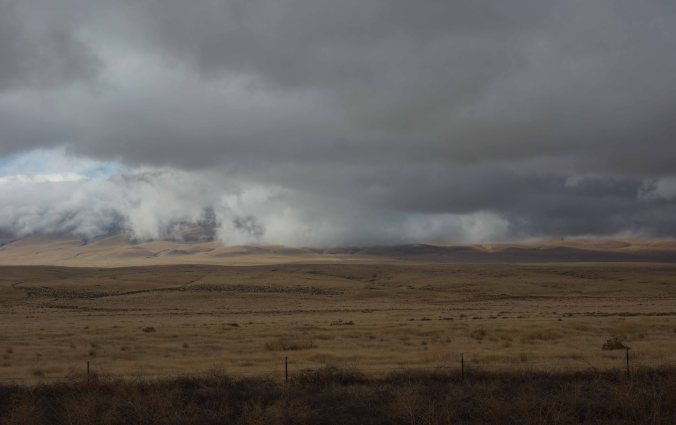
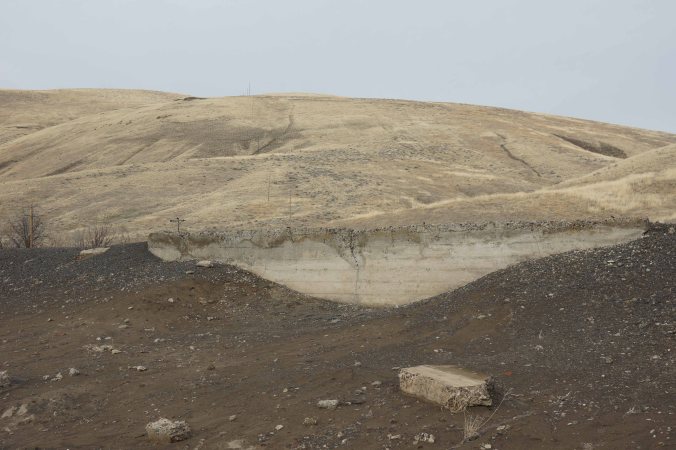
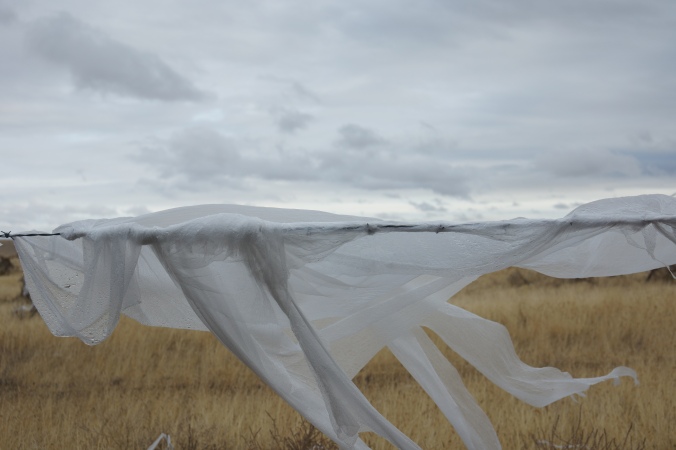 In Eastern Washington, on the way to Port Angeles
In Eastern Washington, on the way to Port Angeles
For me the hum of the road is a time for thinking, shifting thoughts as the landscapes slip by and kick me into a kind of meditative state. No radio, no shrieking right-wing voices, no lame country-western songs or shitty rock & roll; no radio preachers, no soothing NPR college-town liberalism, no endless advertisements – bill boards are bad enough. Instead the gray-noise bass line of tires to tarmac, and a sky and horizon ever looming ahead. It prompts me to think.
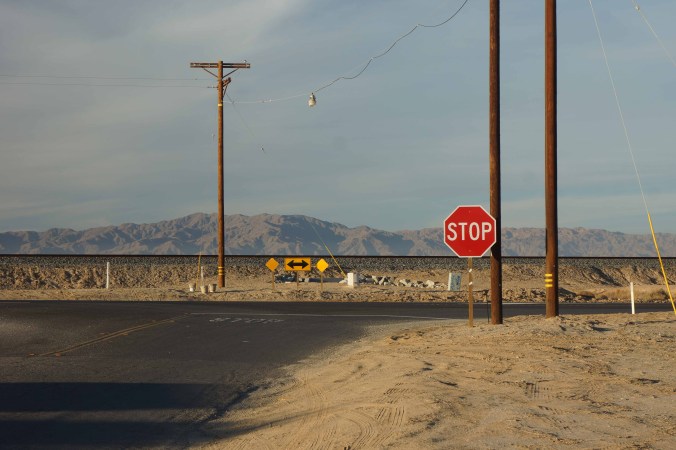
And so as I passed through the battered towns of inland America, the collapsed economies of the once vibrant small-town heartland, instead of being, as once was the case, drawn in and engaged, I fell into the stupor of a dull depression, not personally, but about my own country. Somewhere along the way we lost the way and outside the gentrified and monied urban clusters, the rest of the nation was left to rot, its economic base ripped to shreds by big agri-biz, by the assault on labor and the collapse of unions since Reagan’s time, by the deep effects of “globalization” (translation: the right for big money to go where ever it wishes, unhindered by laws or borders, and unconstrained by the damages it imposes on society). In rural America the consequences are shoved in your face in the form of boarded up Main Streets, abandoned houses and factories, derelict farms collapsing into the soil. It is seen in the aged population, staying to their deaths while most of the youth flee to urban worlds and possible jobs. It is seen in anti-meth murals, in the endless parade of bill boards looking for a quick mil – “accident” lawyers offering the hope of a fiscal killing for your car or work injury. Casinos blossom where ever the law or Indian reservations make for the illusory promise of a quick arbitrary buck; of Check Cashing stores, pawn shops, thrift shops, flea markets, Family Dollar stores, Walmart, and the whole substrata of the economics of poverty sprawled out like a gangrene overtaking the rural world, sucking out the last dime from its angry victims.
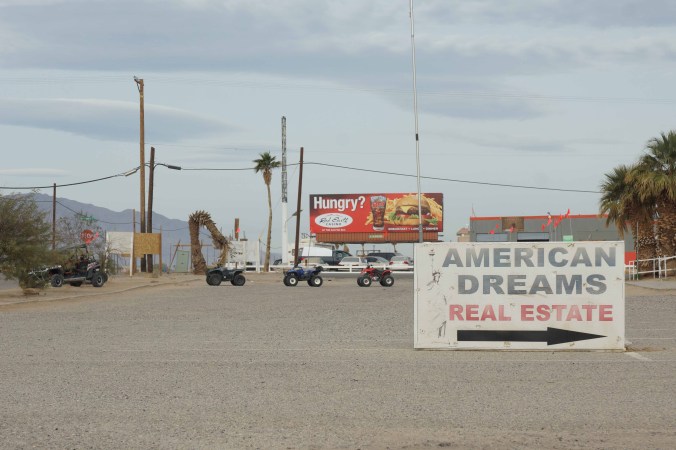
Port Angeles, Washington, is a place now familiar, another “home.” My friend Stephen Taylor lives there – he’s been in 5 of my films now. I’m a periodic guest in his house – and shot one of them in it, Blue Strait. I went there to pack up some things left in storage, to have it ready for shipping to Europe when the crystal ball has cleared and we know just where it should go. While there I decided to once again go to Neah Bay and Cape Flattery, the furthest north-western point in the contiguous USA. I thought to metaphorically use it in Plain Songs – this extreme point, as far as you can go in this direction in America, where “go west” terminates. It happens to be a small Indian res, for the Makah tribe, and like many such places, while located in a beautiful setting, it is a sad and unhappy town, riven with alcoholism, meth, and all the behaviors of people at the end of their tether. Like other indigenous natives of America, they have been screwed over by white culture since Columbus landed in Santa Domingo, and it reads in their faces. A defeated society, and still, not so metaphorically, a people placed right at the bottom of the American totem pole. Our original sin is written large and everyday in this country. While they may not fully understand it, these original inhabitants seem to be pointing the way towards the dystopia which awaits us all, our “future.”
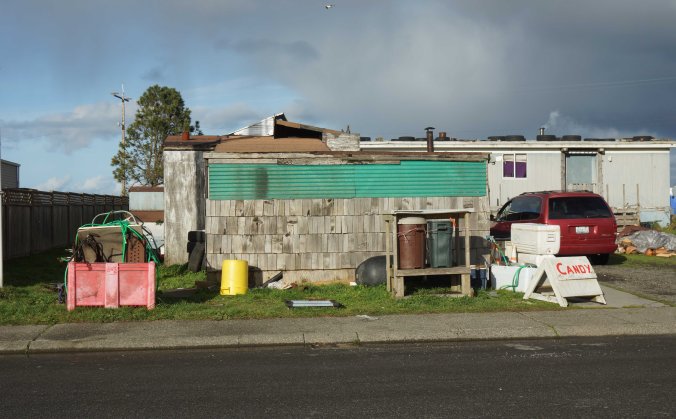
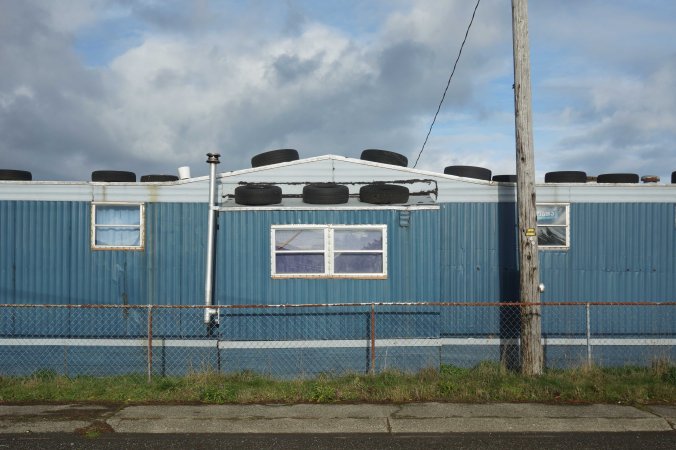 Neah Bay, Makah Reservation, WA.
Neah Bay, Makah Reservation, WA.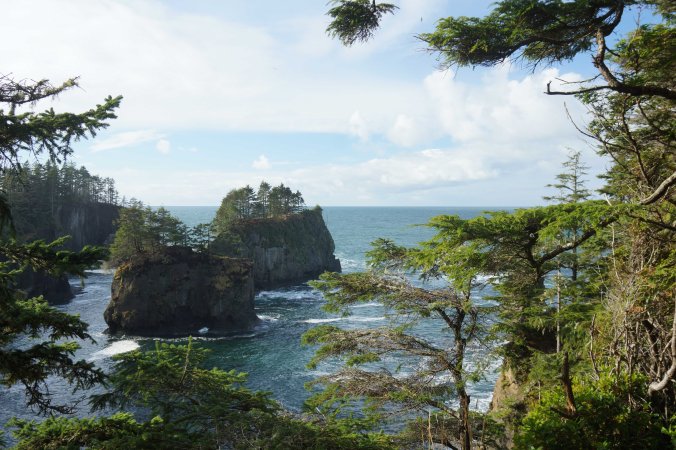 Cape Flattery, the furthest NW point in mainland USA
Cape Flattery, the furthest NW point in mainland USA
I returned to Port Angeles and one day Steve took me to his new offices, a non-profit outfit providing services for “family problems.” Like abusive spouses, financial difficulties, sexual predations in the home, drug addiction and such things. The organization has a sizable building, with various offices, conference rooms, and a play-space for families awaiting their appointments. It has 12 other employees aside from Steve – people dealing with financial problems, legal aids, and such. Steve is a counselor for psychological problems and informs me he has a long waiting list for people wanting or needing to see him. I inquired how big was the community which this group served and he said about 25,000 people in Clallam county. We did a little number crunching and figured that he saw but a small fraction of people needing help – under court orders, or reported by the police, or others, and those who came in out of their own volition. Our conclusion was that perhaps one in five families had such problems, serious problems of sexual abuse, violence and such, and that he saw only 20% or so of those who should be addressed and helped. When I contemplated the numbers and the ugliness of the problems I told him it was a sign of a very sick society. He agreed. I noted that it seemed unlikely that, say, the nearby Seattle/Tacoma area, far more populated, had anything proportionally like such services, though doubtless the percentage of people with the same “problems” were about the same. He agreed again. Ironically the native meaning for the word Clallam is “the strong people.”
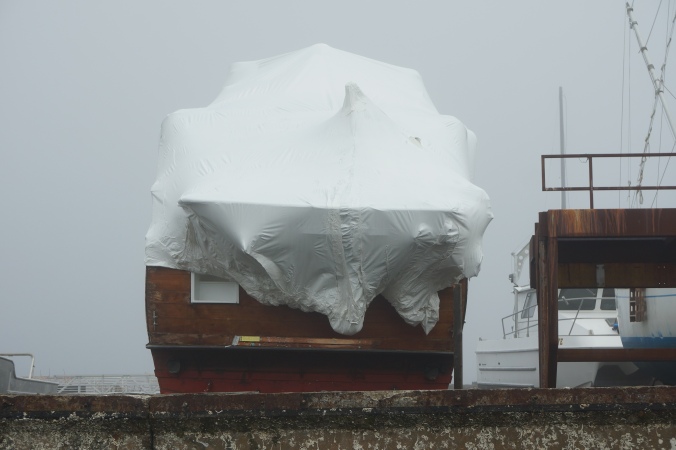
I headed from P.A. down to Portland, along the Hood Canal, a terrain spotted with small Indian reservations, noted with fireworks stands and cigarette stores and casinos along the highway. In the waters to the East side nuclear powered submarines, based at the Bangor Naval Station, hulked by, armed with enough explosives to destroy the world. The sky was leaden gray, as were my thoughts – this trip through America already seemed weighted with bad vibrations.
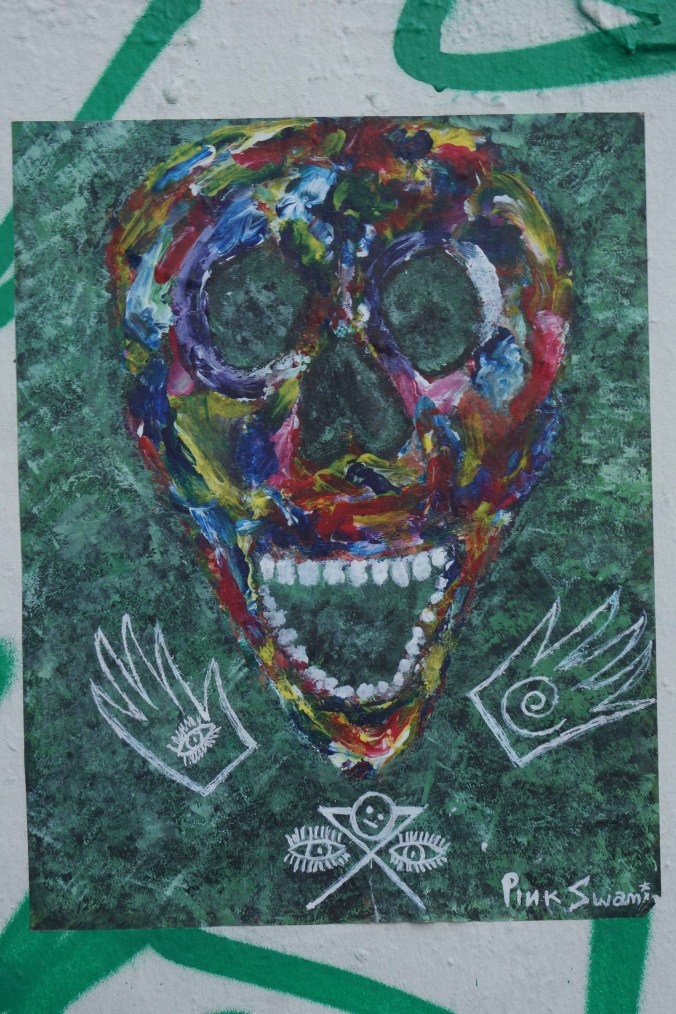
Arriving in Portland, I stayed with friends Jane and Mark, who’ve hosted me for long periods over the years. Since I originally lived there with Marcella in 2005, the city has drastically changed: gentrification, and a wash of money has altered it, as it has many other cities in the US. Once working class neighborhoods are now lively hipster enclaves, jammed with boutique stores, cafes, bike shops, yoga salons, art galleries, and all the usual stuff of contemporary gentrification. Squeezed out have been minorities and anyone lacking the financial resources to stay, mostly shoved to the edges of the city, the suburbs now becoming the lower-class realm. Homeless communities huddle under freeway over-passes, their pop up tents lined for blocks. Portland, Seattle, Tacoma, and on down the West Coast, both coastal towns and cities, and those in the Central Valley are pocked with these new communities. Eureka, Redding, Fresno, and down to the sprawling Los Angeles megalopolis the same materializes. In some parts of LA these pop-up tent communities go on for miles.
But, so we read, our economy is now booming, workers are hard to find and…. And I ponder where in the statistical data these people are located? Lost in the shuffle? Just deleted? The collateral damage of our current mode of hyper-capitalism, US style?
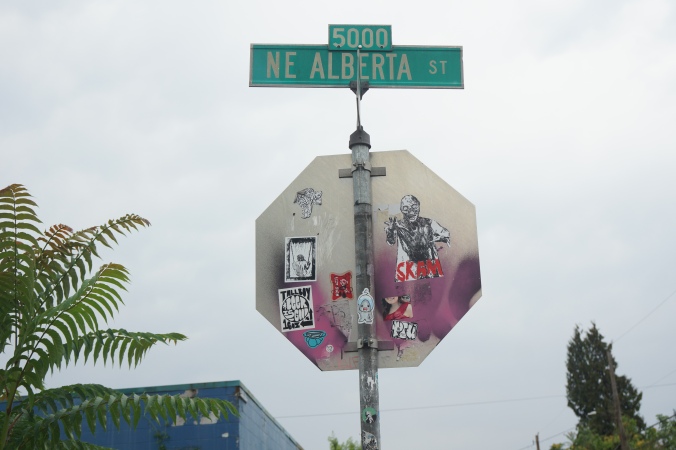
I saw my Portland friends – David Bryant, David Gwyther, Greg Tozian, Pam Minty, Jane and Mark, Todd, and others – had a few screenings and then moved along to Newport to see Kate Sannella and Dennis. A walk on the beach, talk over dinner and the perhaps final so long. And then to Eugene to see long time friend Ron Finne, whom I’d called a week earlier and he’d said he was now singular: Mary Lou, his wife of 52 years, had died a week before. I’d seen them several years before and had sensed her frailty and had thought one of these days I’d hear this. Needless to say difficult for him, and he unburdened himself with a story about it, something I sensed he needed to do. Swan songs.
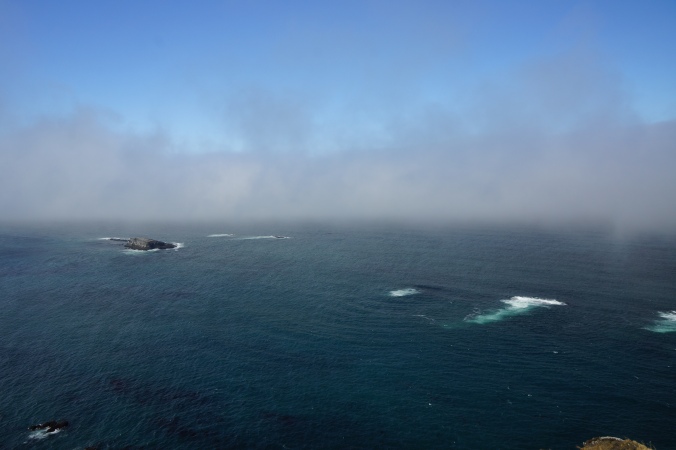
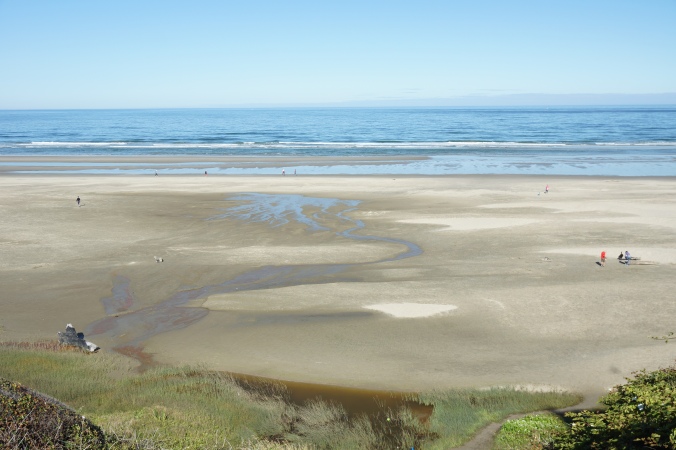
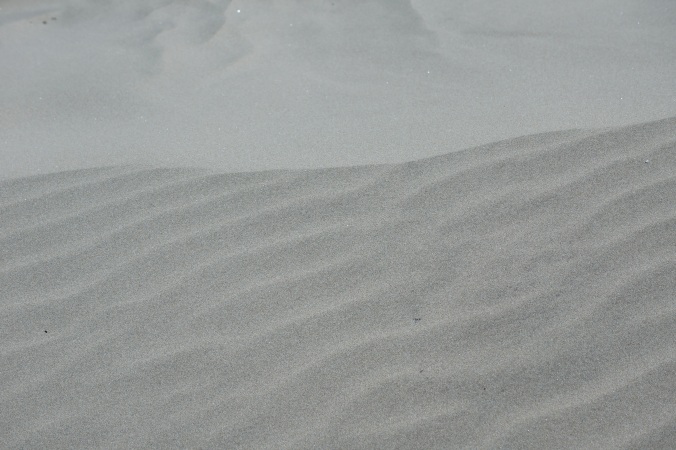 Newport, Oregon
Newport, Oregon
Moved along to Dunsmuir, CA., to visit with Charles, another long time friend. Hung about a few days and then went on to San Francisco where a cluster of friends still reside, and had a few screenings. Slowly, as my journey progressed, my sense of the futility of making another essay on America, became more pronounced. I tangled with myself yet again, as I had done before, questioning what possible political meaning there might be to making an essay about the State of the Nation, when I knew full well that almost no one would see it. My experience of the last decade and more is that interest in such a kind of work, once the province of a little minority of souls, but enough to warrant some attention, and some small audiences, had dwindled to almost nothing. Audiences were tiny; festivals were indifferent and even hostile; no television would ever broadcast such work. I gritted my teeth, and the passing social landscape of rural collapse only confirmed my negativity. What was there to say? And who would listen or care? Entering the cacophony of the urban world merely underlined the uselessness of attempting to speak. We have constructed an insane world, where nearly everything is tainted with social (and physical) toxins, yet it is a world which overwhelmingly our society accepts as “normal.” To speak against it is to be regarded as crazed and out of touch with the real world. In such a situation, what is the purpose of speaking out?
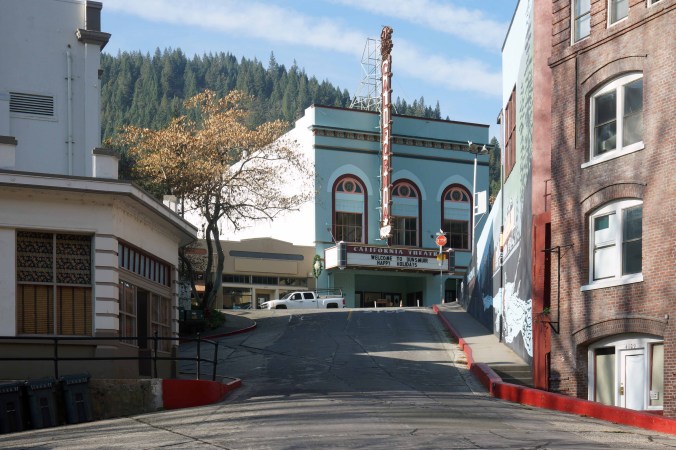 Dunsmuir, CA.
Dunsmuir, CA.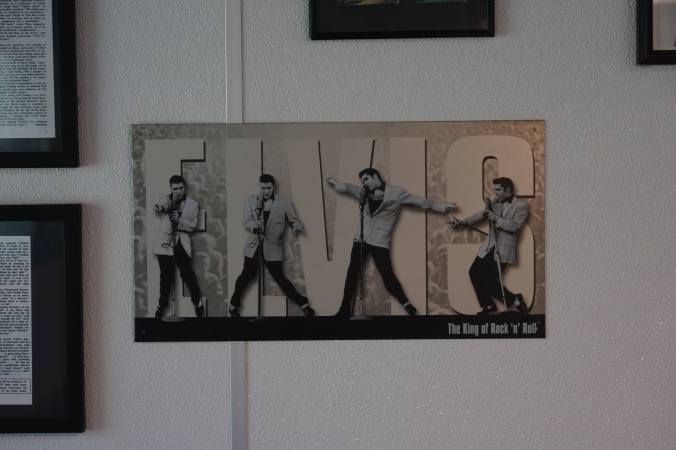
These thoughts circulated in my mind, and while I thought that, yes, one might do such things for one’s self, as I do with my so-called “non-political/artistic” work, doing so when reality clearly indicates it will be politically useless seems self-delusionary at minimum.
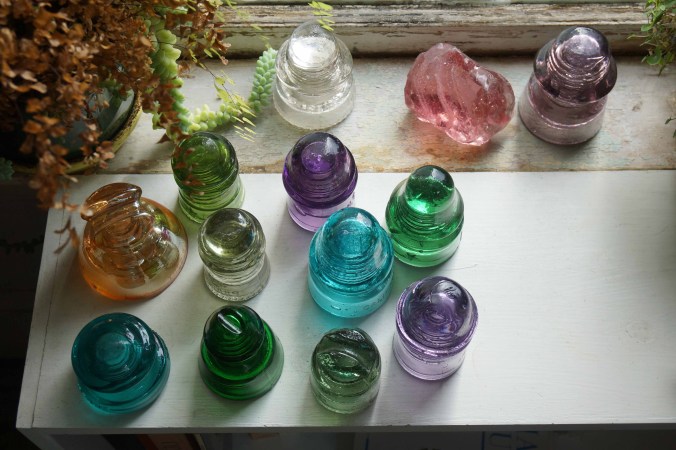
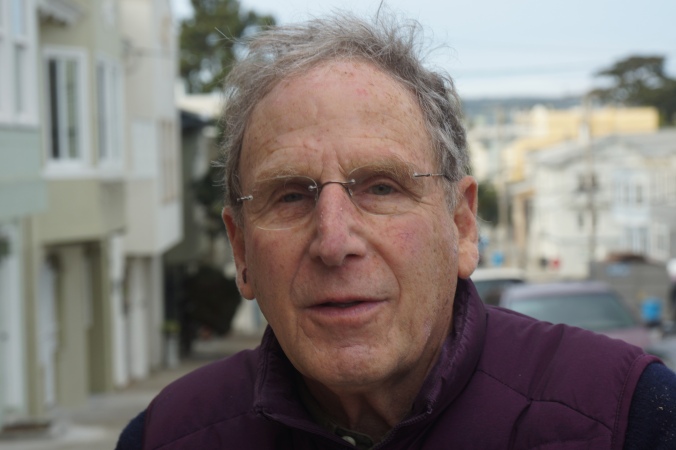 Nathaniel Dorsky
Nathaniel Dorsky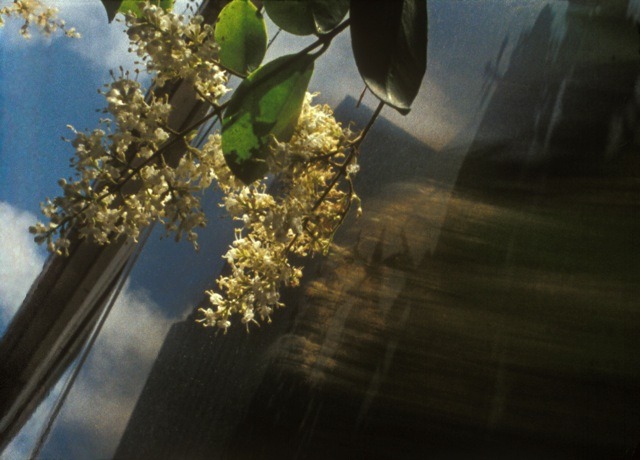
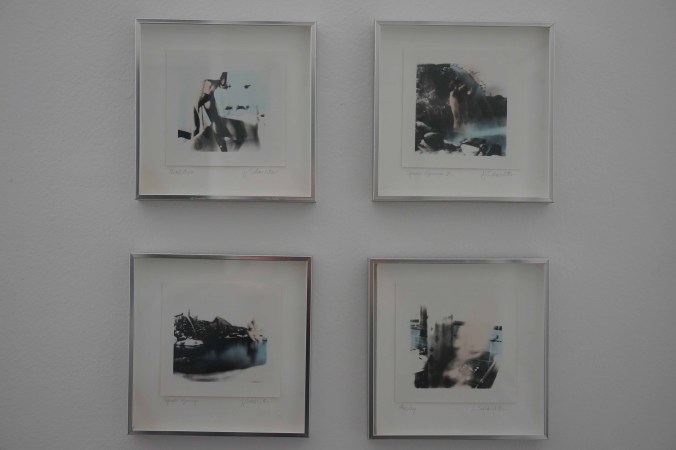 Pin-hole photos by Julie Schacter
Pin-hole photos by Julie Schacter
With such meanders of my mind I saw friends in the Bay Area – Rick Schmidt (run to bed from the season’s bugs) and Julie Schachter; Jim Nisbet (hanging up the writing spurs as the one time European sales shrivel to nada); Rock Ross and the folks at the New No Nothing Cinema, where I showed short films and had a nice talk. And Nathaniel Dorsky where I spent an afternoon in his basement lair looking at his stunning recent films, and Barbara Hammes who’d acted with him in Rembrant Laughing, lo those many years ago. And then Nancy Karp and husband Peter, Howard Swain and Nancy Carlin, Tom Luddy, and a few others.
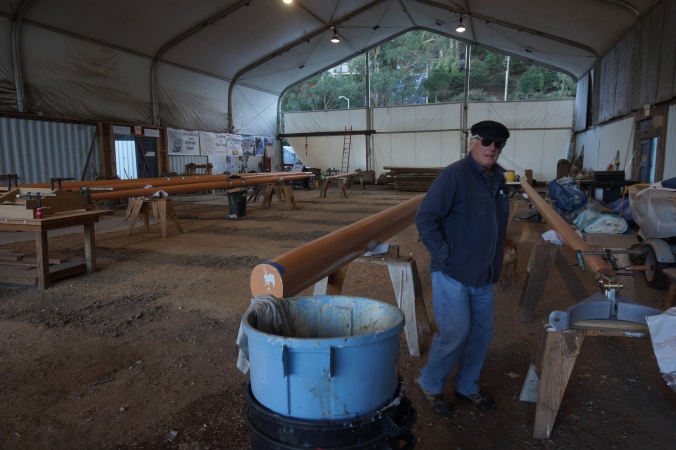 Jim Nisbet in boat shop, Sausilito, CA.
Jim Nisbet in boat shop, Sausilito, CA.
Leaving the Bay Area, I headed south toward Death Valley, intending to hole up a bit a Tecopa Hot Springs, and perhaps do a landscape shot of the Valley. As with Yellowstone Falls, the image in my mind did not materialize before me, though I shifted gears and instead took many still images of which I think something “moving” can be made. When time allows. Meantime I acquired the seasons flu bug, and while it did not force me to bed, it did ask for a slow-down, and some nights to ride it out in funky motels. I obliged, and had time for more doubting thoughts. I was just at the beginning of this trip and inside I’d already abandoned the idea of making Plain Songs. It had become a fixed refrain: there was no point.
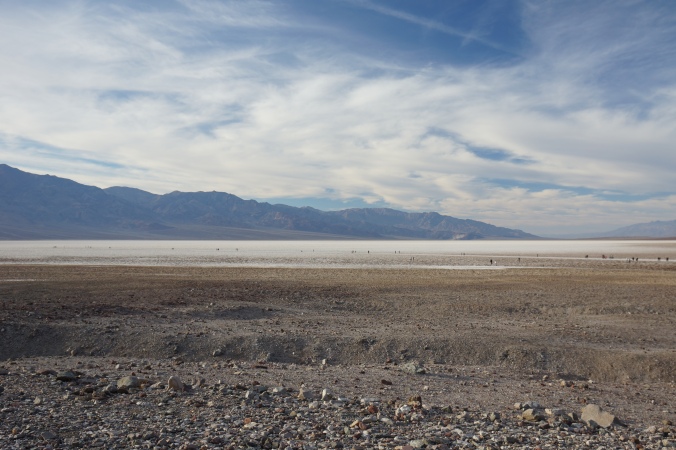 Badwater Basin, Death Valley, CA.
Badwater Basin, Death Valley, CA.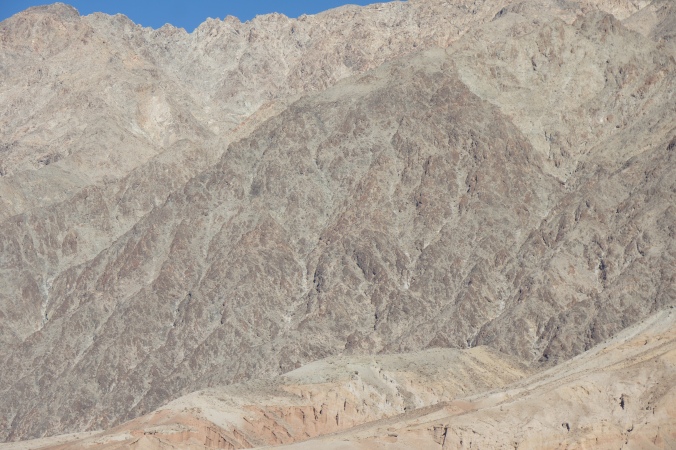
There was, however, Badwater Basin, the lowest altitude spot on the continent. In mid-winter it was full of tourists, mostly Asian. Inside I imagined a metaphoric use for this, as we were now about a year into the Trump Era, and what could be lower? I hauled out the camera and took some shots even though I had pretty certainly set aside the idea of making the film. Maybe for some other purpose. And moved along to Beatty, NV.
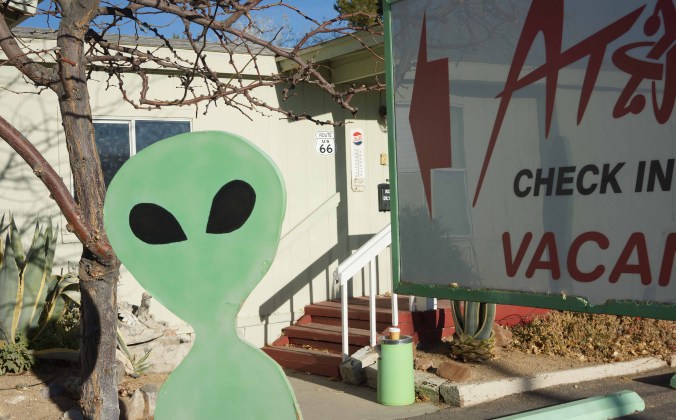
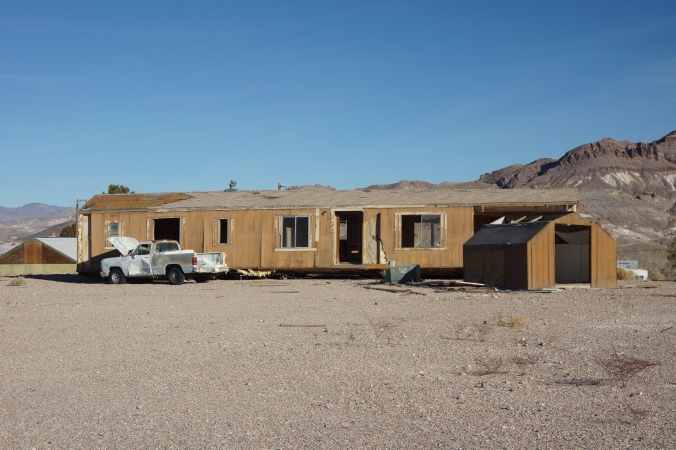
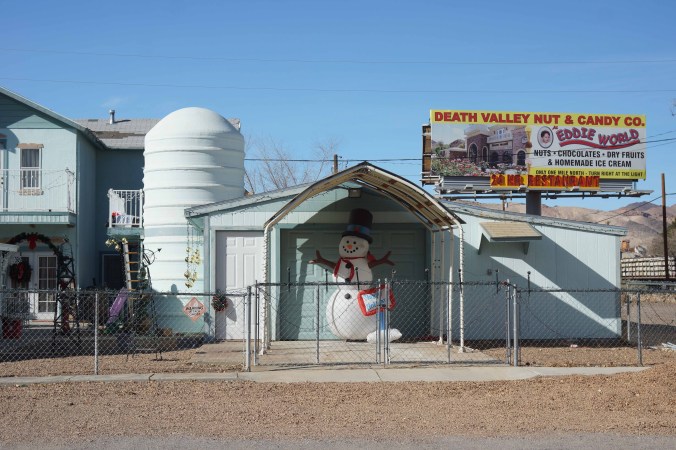
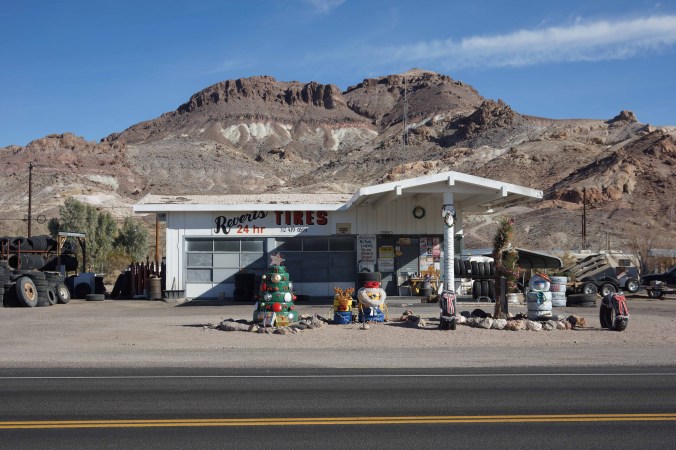
Beatty is another of those desolate places of a left-behind America, and another explanation for setting Plain Songs aside. For more thoughts on Beatty, and the cloud that was enveloping me, see this:
https://jonjost.wordpress.com/2018/01/16/death-valley-ruminations/
and this:
https://jonjost.wordpress.com/2017/12/12/back-in-the-us-back-in-the-ussr/
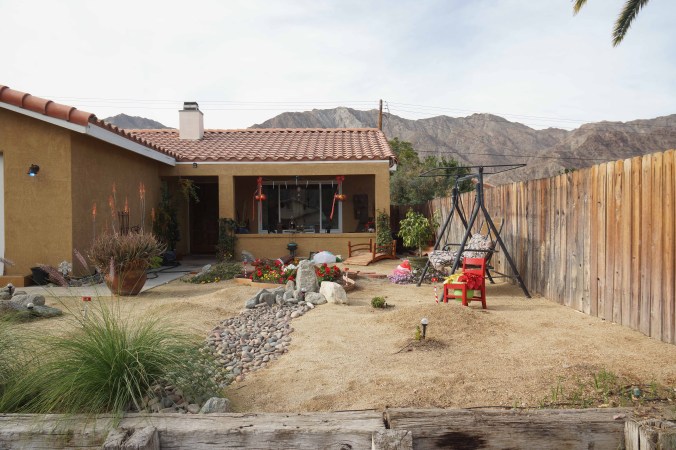
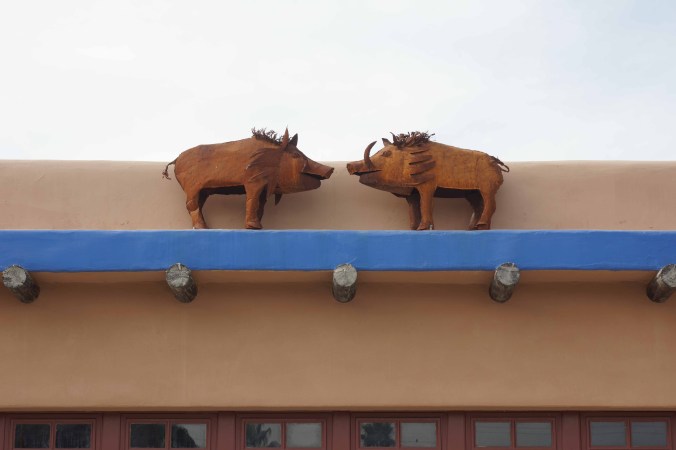
I wandered on, passing through Southern California, the Salton Sea – a place of genuine dissolution – and near Palm Springs, a place of illusionary comfort. The juxtapositions of opulent wealth and deep poverty merely amplified the obvious stresses that are pulling apart whatever American comity that once existed. The disparities dispirited me, and only deepened my sense of the uselessness of my imagined project, these Plain Songs. Once again, I gave up, tossed in the towel. I was unable to take the camera out to shoot the seemingly required things – the endless sterile strip cities, the cascade of shopping malls and corporate big box consumer palaces, each blaring forth with giant corporate logos. The gated communities, the string of pop-tent homeless, all the contradictions which are America. It was all too brutally ugly – not only to look at, but to contemplate the empty society in which it existed, a society which was divided into sectors unable to speak with one another, or even acknowledge there was some kind of serious problem at hand. There seemed nothing to say.
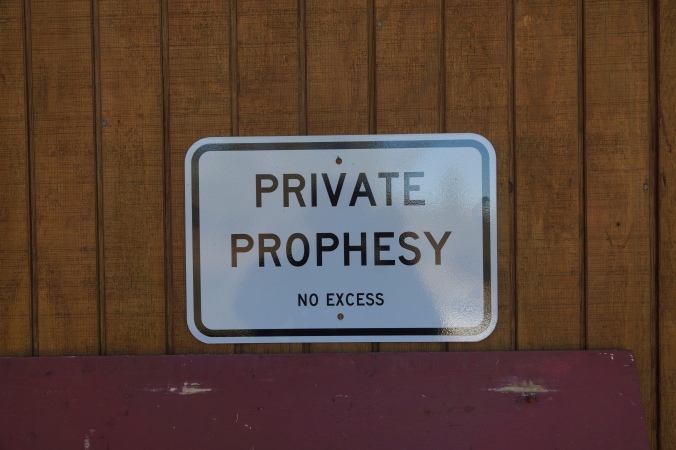
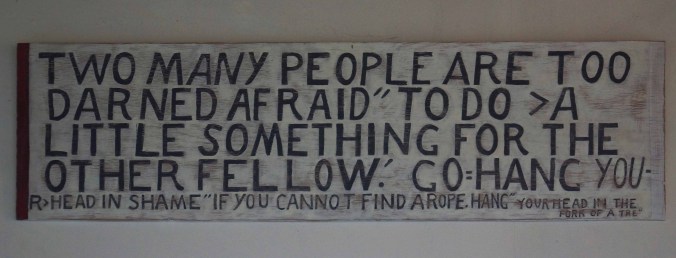
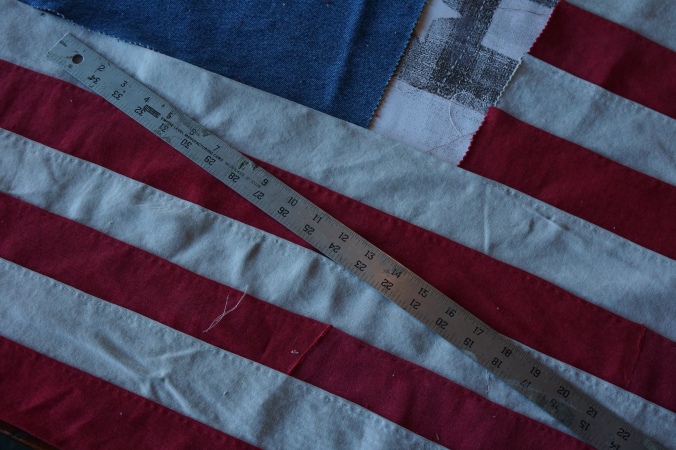
I plowed on, though no longer to make this film, but both to see friends a perhaps last time, and to punch the ticket which cynically prompted the trip to begin with – a few decently paying show ‘n tell gigs, enough to take back a little cash to my new home in Belfast, where Marcella settled down since this journey began. Though since Trump took over that little dollar stash had already diminished 25% or so on the exchange rate and seems headed to shrivel still more. Seeing friends was the plus side: James Benning in his house in the Sierras outside Bakersfield; and then a handful in Los Angeles – Alenka Pavlin, Alicia and Morrie Ruvinski, David James, John Cannizaro, and screenings at the Echo Park Film Center and USC. And then after a talk at the Claremont Colleges, on to Phoenix there to see Joe Podlesnik and Ami, and in Tucson, Marianne Dissard. Played some music in Tucson, recorded a few songs, and moved along to Santa Fe where a late addition to the trip – a 3 week kind of residency – gave a place to stay, a bit more money and something to do as winter slipped by. And went to Albuquerque to visit net-met new artist friend Danila Rumold. A little time in her studio and seeing lovely work. Here and there a few pluses to relieve the general air of negative energies that have pocked this journey.
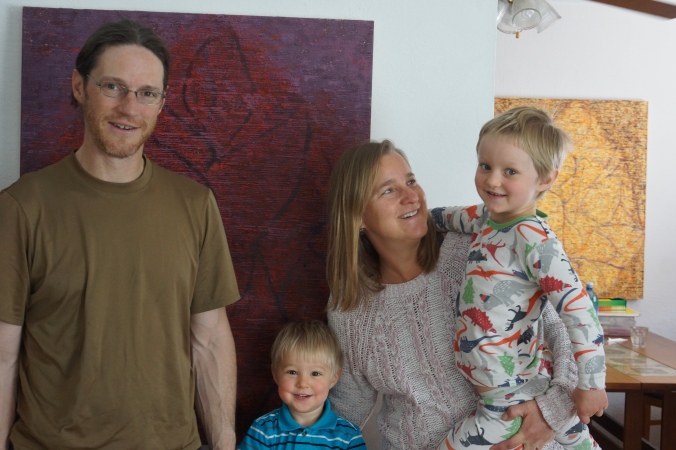
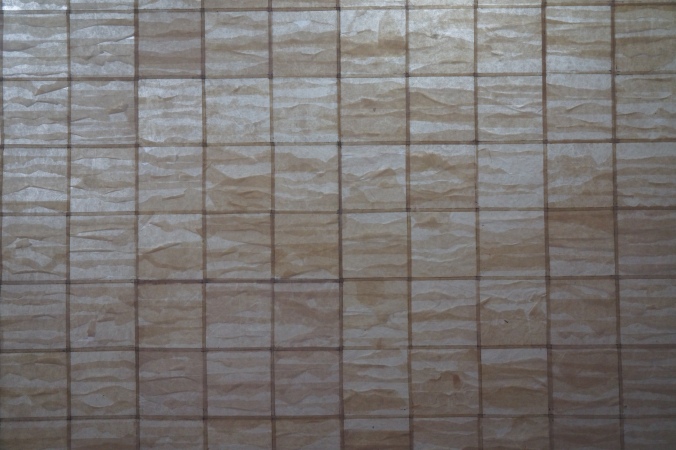 Collage by Danila Rumold, Alburquerque
Collage by Danila Rumold, Alburquerque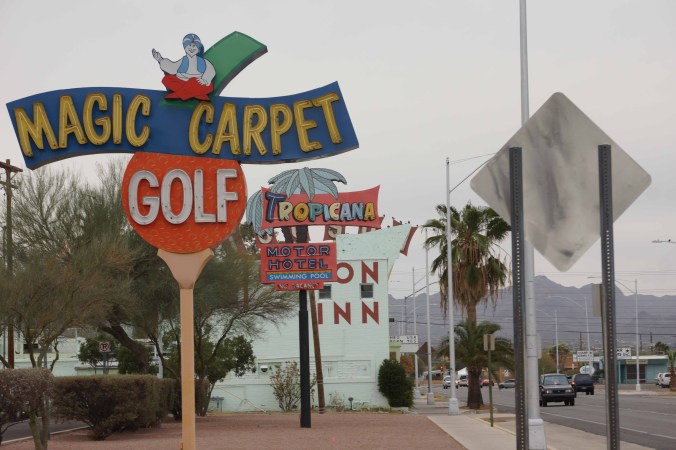
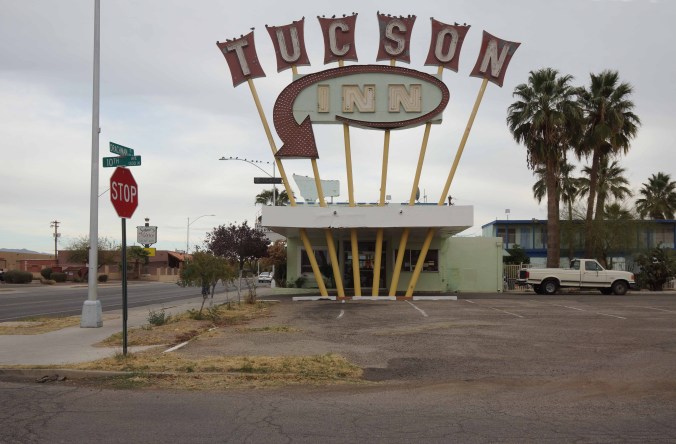 Tucson, AZ
Tucson, AZ
Then a jaunt to Austin, where had a few days, seeing friends – Scott, Frank, Jason – and getting a few large prints done on Jason’s new printer. He’ll do some of these in the coming month or so, 5 ft x 16ft or so.


And then to Shreveport, La., and a gig at David Nelson’s Mini-cine, the third over a few decades – music, screening and some photos on the wall. Shreveport is another city on its knees, struggling to stay alive, another reminder of the not-so-hidden state of the Nation.
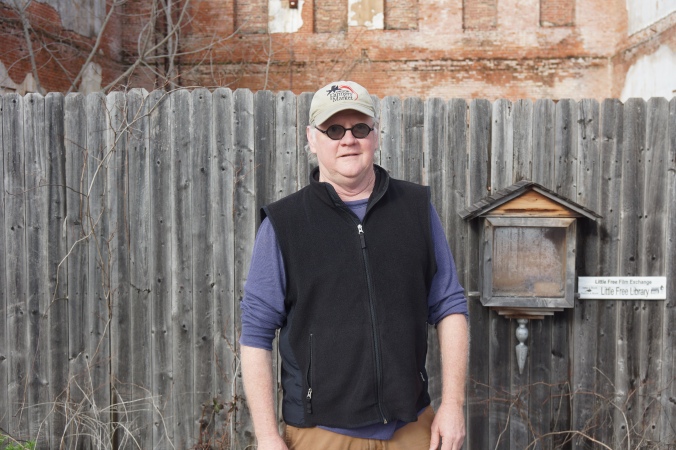 David Nelson, in front of his wild-flower field at the Mini-cine
David Nelson, in front of his wild-flower field at the Mini-cine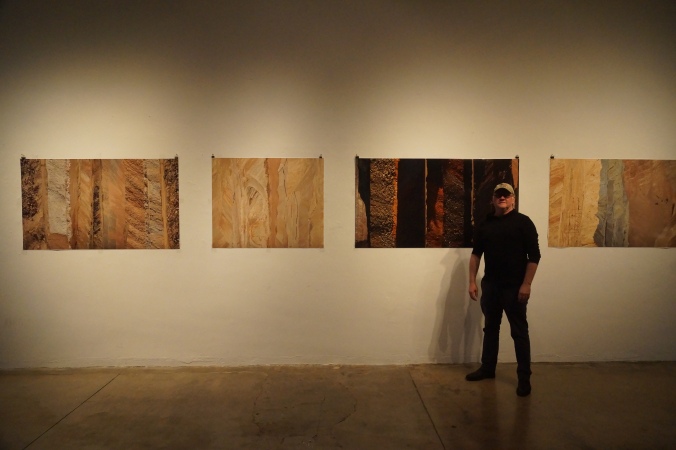
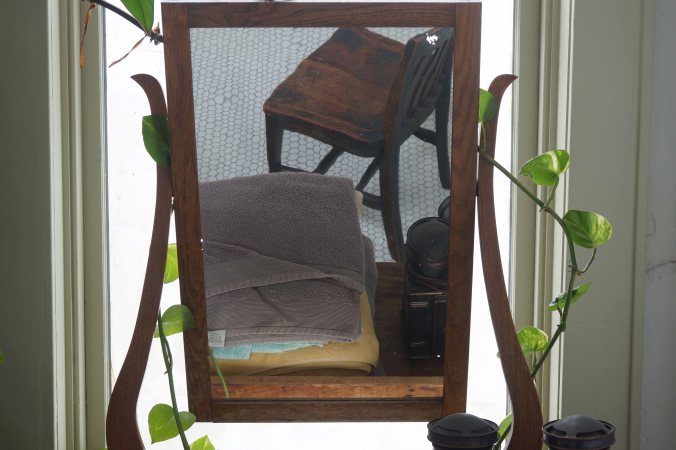
From there drove on up through Arkansas to Eureka Springs, to visit Keith Scales, who acted in Homecoming back in 2004, and whom I hadn’t seen for 14 years. He’d moved from Portland and was now managing the Crescent Hotel, said to be haunted, and for which there are tours and talks of ghosts.
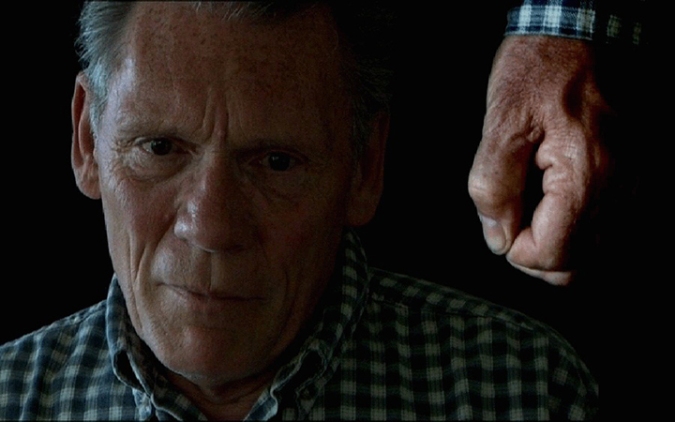 Keith Scales in Homecoming
Keith Scales in Homecoming
And then I went to visit Blake Eckard and little Stanberry, Mo., where I’d shot (and acted in) his film Ghosts of Empire Prairie, and then done my own They Had It Coming. Stanberry, population 1,185, along the way, over a decade and more, became another place in which I feel “at home.”
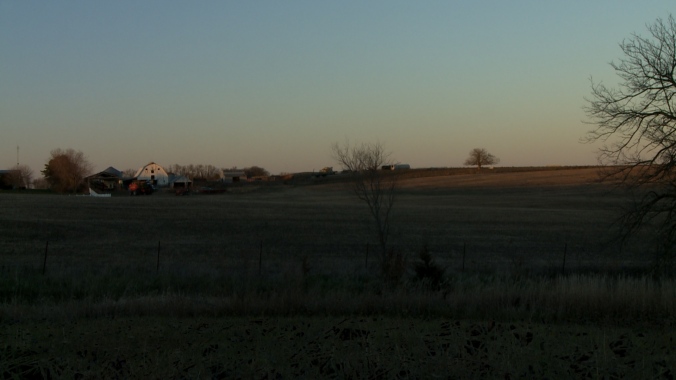
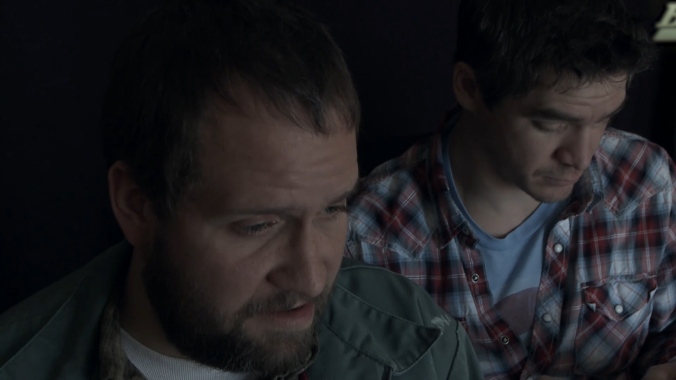 Blake Eckard and Tyler Messner in They Had It Coming
Blake Eckard and Tyler Messner in They Had It Coming
I had to move along to Chicago to stay on schedule, for a screening at Filmmakers, and to see, again, long-time friends for the perhaps last go round. Peter Kuttner and Gretchen, Marilyn Katz and Scott Chambers, Linn Ehrlich and Dianne, Jonathan Rosenbaum, Brenda Webb, Warren Leming and Laura, and a few others. Chicago was once (as have been many other places) “home,” and being the first one in which I was on my own, back in 1960, and was young, it has a particular place in my psyche – remembering streets and people in those formative years when one was becoming one’s self. Ironically, this time around, I found it a rather brutal and ugly city, where once I found it architecturally impressive. How one changes. Or perhaps it was the tail-end of winter, the colorless streets, the cold. Or my own distanced view, now colored by having lived in Lisbon, Rome, London, Paris….
My trip hastened towards its end – a drive across the grim late winter corn-stubble fields of Indiana and Ohio, a few classroom sessions in Columbus, and then into Pennsylvania and New York. A stop with Steve Lack near Salem NY, and then into Boston, beating out a nor’easter to tuck myself into a cousin Holly’s Beacon Hill house, cloistered against the long winter wrap-up.
My thoughts about making Plain Songs dwindled to almost nothing. In five months I’d taken almost no video images, though my mind had spun a thousand thoughts about this, my home “culture” and where it was seemingly headed. Making a long video essay about it seemed utterly useless. The daily news was filled with the tragi-comedy of the Trump era, each day a new affront to the sensibilities of most of my friends, though some of the people I know and like proved to be enthusiastic supporters for his wrecking-ball vulgarity.
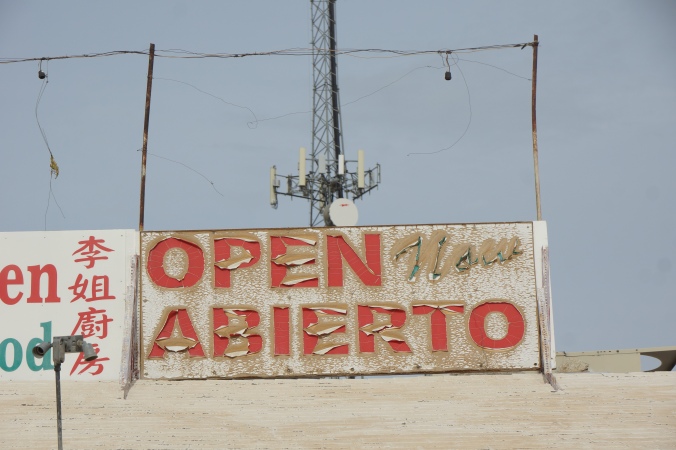
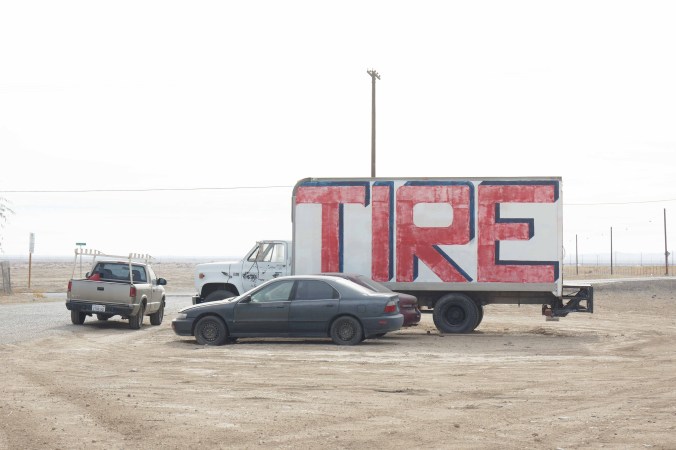
As I prepare to return to my new home in Belfast, N. Ireland, a row-house Marcella has rented for us, I sense a letting go of this whole matter of America. I have lived abroad nearly half my life, and the tissue of connection is withered. The present political climate, which in effect I’d predicted in the earlier essay films, and in many of my narrative works, appears to me insoluble. As I have spoken with my friends on this trip, I sense America will dissolve in the next 20 years, torn by its vast internal stresses which the present political constellation can barely perceive, much less begin to address. It will be much as the old Soviet Union stumbled to its end, trapped in a deep self-denial, over-extended in military things, with an internal infrastructure rotted to the core. An elite which lived well did not see it nor did it wish to see it. Exactly as it is here. And I do not speak only of the right-wingers, the GOP, or business here in the USA, but also of my liberal friends who do not wish to genuinely address some brutal realities:
The USA represents 6.1 percent of the globe’s landmass.
It represents 4.4 percent of the globe’s population.
It consumes approximately 25% of the earth’s material resources (oil, metals, water, etc.)
This vast imbalance is made possible because the USA spends as much on its military as nearly the rest of the world combined does; it does this for a reason, which is to enforce US economic policies on the world, which it has done especially since emerging from WWII as the globe’s dominant power as the others had decimated their industrial base in that war.
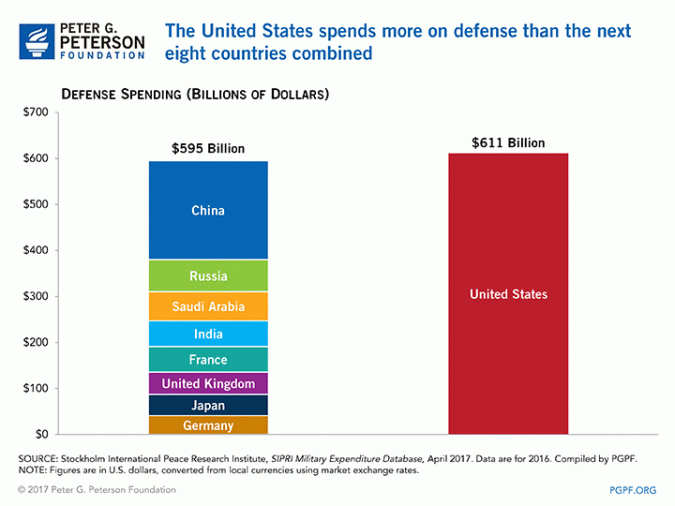
An equitable shift in these terms would require a communal down-sizing in the USA of more than 80%. Even if our wealth were more fairly distributed – even if it were radically changed – it would mean for all but the very poorest of Americans a significant drop in living standards. Politically this is a toxic reality which none of our political parties or thinkers have even begun to see or address. Nor will they. It will be imposed by our collapse.
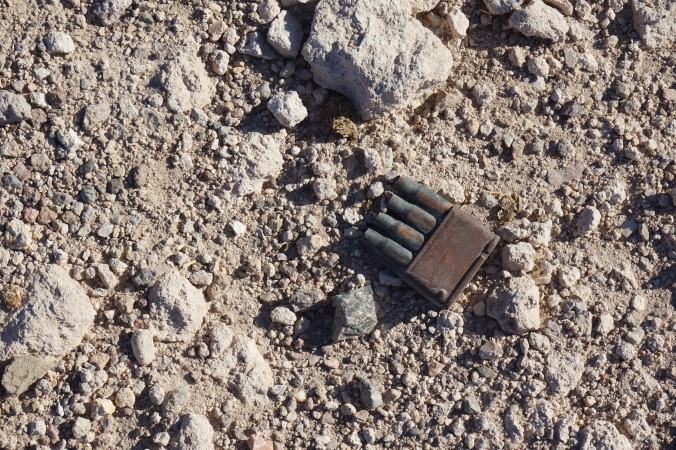
I know that to say these things in America is to consign one’s self to a kind of oblivion, even among liberal/left circles. It is too much to face, too much a demand: what, cut back? But the figures are true and brutal, and when we do little modest things, like have a modern medical intervention, or take a vacation that we think “normal,” – so we think – we charge the bills to a hundred deaths somewhere else. That’s US. And always has been.
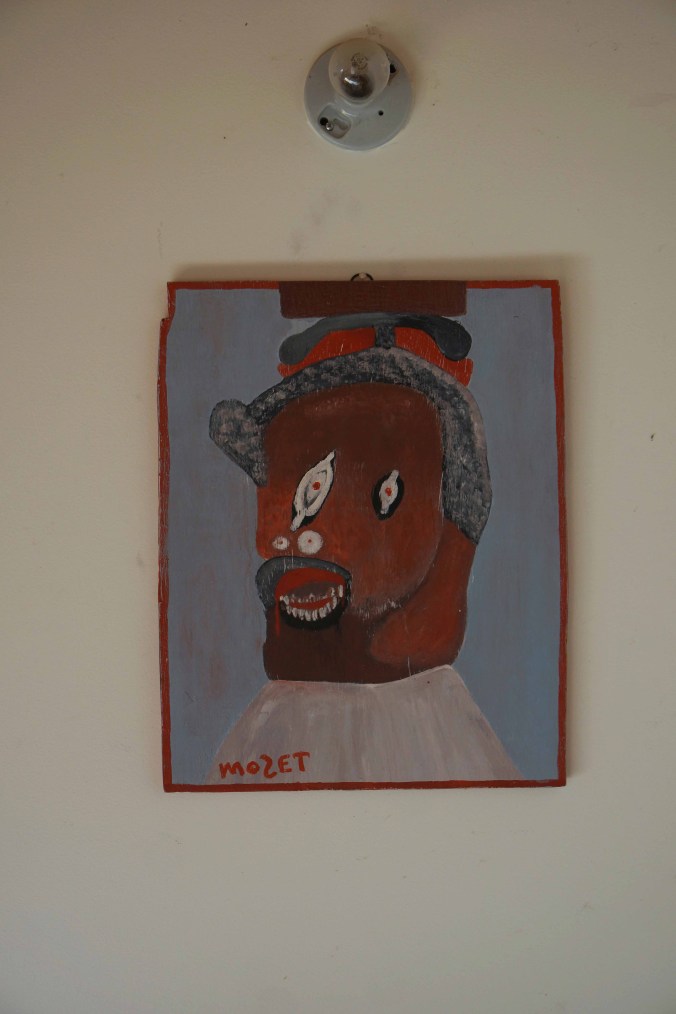 James Benning copy of a Mozet painting.
James Benning copy of a Mozet painting.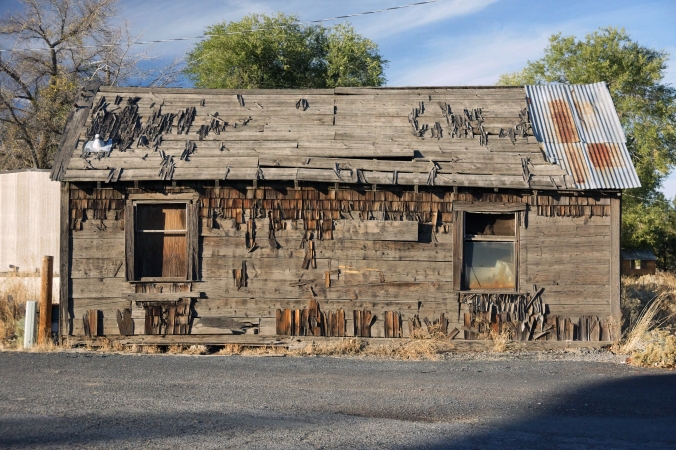
Winding down this journey I likewise wind down any thought of doing Plain Songs as a film. Perhaps I will convert the ideas into a blog (perhaps with videos inside it), something to do piece-meal. Though the underlying reality remains that hardly anyone would see it, and in any practical, honest sense, the political effect would be zero. It might personally touch a handful of people; it would otherwise change nothing. And so, I ask myself, what is the point of such an exercise? Unlike many of my fellow media makers, I decline to fantasize that it would be “a good thing to do” and hence I could feel good about myself. I know far better. It would be nothing in the face of the harsh real world it would address.
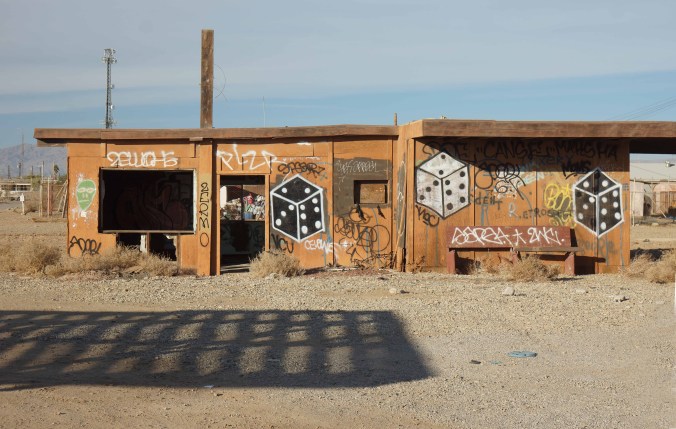 Bombay Beach, Salton Sea, CA.
Bombay Beach, Salton Sea, CA.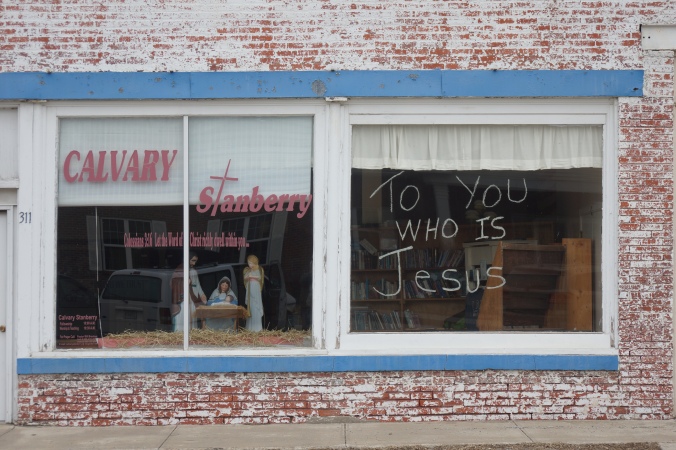 Church front, Stanberry MO.
Church front, Stanberry MO.
If I do proceed with a blog version of some sort, I’ll start a new one for it. So I guess this will be the wrap up for this one. On to Ireland and new adventures and thoughts. Book closed.
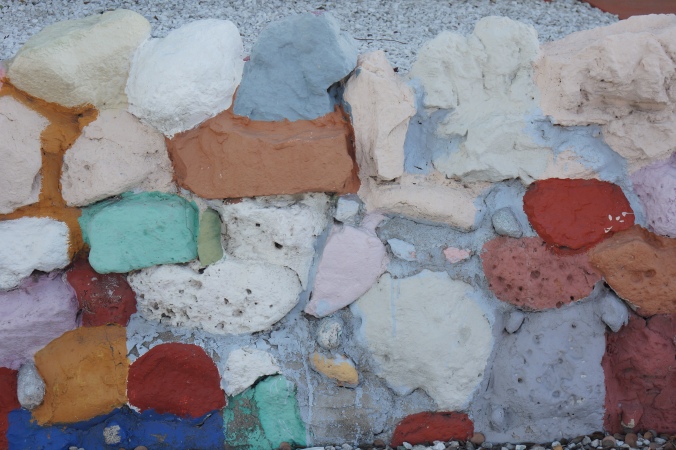 Wall in Tuscon, AZ.
Wall in Tuscon, AZ.
For more thoughts on America, Trump and our current state of affairs see:
https://cinemaelectronica2.wordpress.com
/2016/09/19/trump-trump-trump/
and follow links to other posts on the election
https://jonjost.wordpress.com/2016/11/12/electoral-post-mortem-1/
https://jonjost.wordpress.com/2016/12/03/electoral-post-mortem-2/
https://jonjost.wordpress.com/2016/12/18/electoral-post-mortem-3/
https://jonjost.wordpress.com/2017/01/17/electoral-post-mortem-4/
and
https://jonjost.wordpress.com/2016/11/07/the-bifurcated-states-of-america/
thanks, Jon. Really appreciate your work and thoughts. It’s real tough knowing these things and seeing the amusement park mentality roll on. But luckily we’ve got our artists. So we’re grateful to have you. And all that came before. And the natural beauty. Which our species hasn’t completely destroyed. yet….